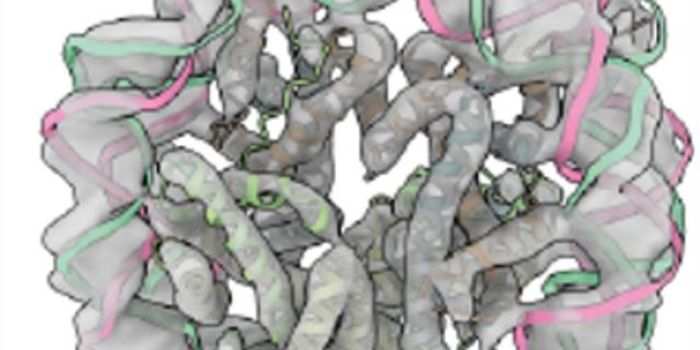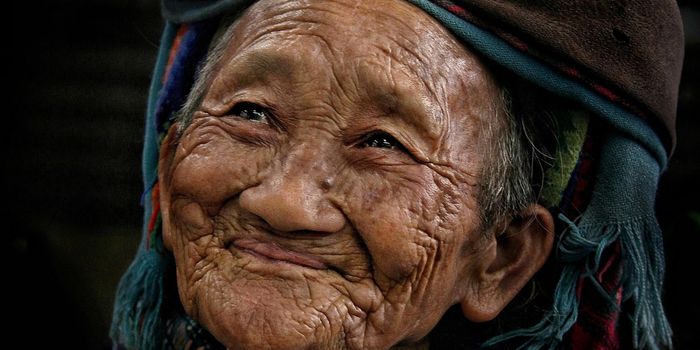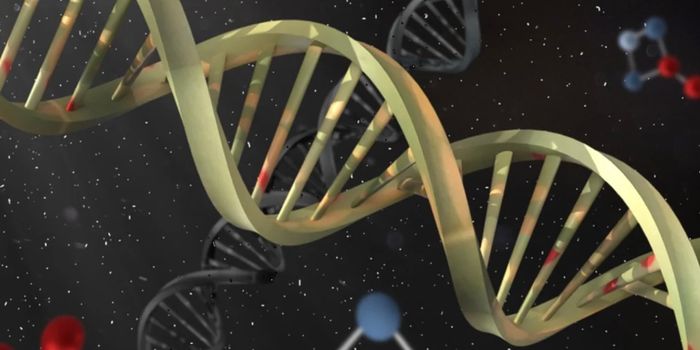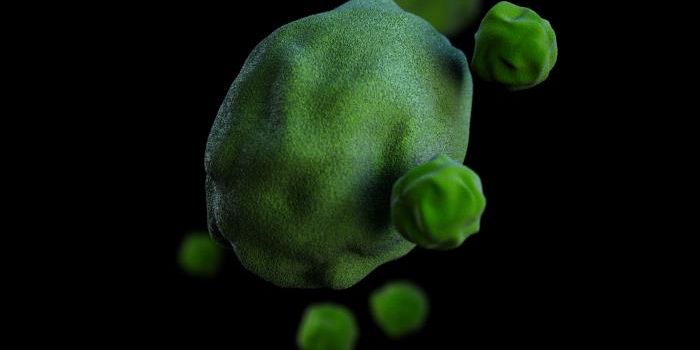Exploring how Different Diets Influence Aging Through Genetics
Science has shown that variations in our genes can have a major impact on our health and lifespan. But so can diet and exercise habits. Scientists wanted to learn more about exactly how much lifestyle choices can effect healthspan and lifespan, while also considering the impact of genetics. In a new Nature study, researchers studied how a diet with reduced calories affected the healthspan and lifespan of mice with varying genomes.
Scientists have long known that reducing the number of calories that animals consume will extend their lifespan. Animals that are more physically active also tend to live longer lives. But it has been challenging to find changes in one single gene that may be responsible for these effects. That's likely because it probably has more to do with a complex interplay between variations in many genes and lifestyle choices, among other environmental factors.
In this study, different types of research mice were used. The genomes of these mice have been very well characterized, and there are small variations in mouse genes that are common to each group, but different from one group compared to another. These groups of mice - which were genetically identifcal within a group but very different from one group to another - were then given different diets. Some received 20 percent fewer calories than normal while others got 40 percent fewer calories. Another group was given an intermittent fasting diet, in which they would go one or two days with no food before going back to a normal diet.
Genetics seemed to have a fairly significant influence on how these dietary interventions impacted mouse health. But restricting calories did lengthen the lifespan of the mice, regardless of genetic background. Mice that consumed 40 percent fewer calories lived longer than average compared to mice that had 20 percent fewer calories. The maximum length of life was also extended in the group that had 40 percent fewer calories.
However, the mice in the group that had the shortest lifespan due to genetics never caught up to the other groups, which have genetic factors that lengthen lifespan. The impact of genetics was always bigger than that of lifestyle.
There was also a trade-off in the group that consumed 40 percent fewer calories - they began to have some health problems not seen in the other groups such as reduced muscle mass and immune function.
The researchers also added that a few groups of laboratory mice cannot reflect the genetic diversity seen in humans, so these findings may not necessarily translate to people. The control group of mice in this study was also allowed to eat as much as they wanted, and humans may not usually behave like that. The study also did not control the amount of exercise the animals were getting. The group that consumed 40 percent fewer calories was getting a lot more exercise than other mice, possibly because they were always looking for food. But, that exercise may have also been responsible for some of the good health effects, as opposed to caloric restriction.
While we cannot change our genes and they have a huge impact on our health and well-being, we can make choices about our habits, such as how often we exercise and what types of foods we eat. The right efforts can have a positive effect regardless of what kinds of genetic variants we carry, noted the researchers.
Sources: Medical Express, Nature









